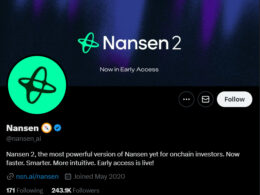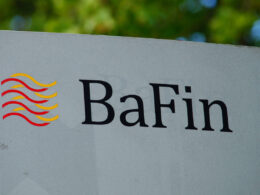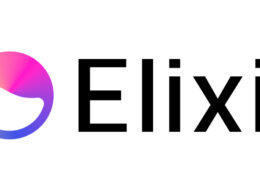The U.S. Department of the Treasury’s Office of Foreign Assets Control (OFAC) has recently implemented sanctions on Buy Cash, a cryptocurrency exchange operating in Gaza. This move comes as a result of allegations linking the exchange to Hamas fundraising, along with its purported involvement in facilitating terror financing activities.
Hamas Fundraising and Israeli Seizures
In June 2021, Israel’s National Bureau for Counter Terrorist Financing seized several crypto wallets associated with a Hamas fundraising campaign. Among these wallets, one belonged to Buy Cash Money and Money Transfer Company (Buy Cash), a Gaza-based business that offers money transfer and virtual currency exchange services, including Bitcoin. Additionally, Israeli authorities have acted swiftly after Hamas’ recent attack on Israel, seizing numerous crypto accounts and millions of dollars worth of crypto tied to terror financing. It has been reported that Hamas received nearly $41 million in cryptocurrency leading up to the attack on Israel.
OFAC’s Sanctions and Expansion
In response to these activities, OFAC has extended its sanctions to encompass ten key members and financial collaborators associated with Hamas, operating in various countries such as Algeria, Sudan, Turkey, and Qatar. This action by the U.S. Treasury Department reflects the growing concern over illicit funding channels that exploit cryptocurrencies to support terrorist activities.
As a consequence of OFAC’s directive, any assets or interests in property held by the designated individuals within the United States or under the control of U.S. persons are now frozen and must be reported to OFAC. Moreover, entities that are owned, directly or indirectly, in the extent of 50 percent or more by these blocked individuals are also subject to sanctions.
Impact on Financial Institutions and Entities
Financial institutions and other entities must pay heed to these sanctions, as engaging in transactions or activities with the sanctioned individuals or entities may result in severe consequences. OFAC’s regulations, unless explicitly authorized by a general or specific license issued by OFAC or granted an exemption, generally prohibit any transactions involving property or interests in property associated with designated or otherwise blocked persons conducted by individuals within the United States or taking place within the country.
These prohibitions extend to making contributions or providing funds, goods, or services to, for, or on behalf of any designated person, as well as receiving such contributions or resources from these individuals.
“Entities that engage in transactions or activities with designated individuals or entities may face severe financial and legal consequences,” says [Author Name], [Title] at [Company]. “It is crucial for financial institutions and other organizations to remain vigilant, comply with OFAC’s regulations, and report any potential violations.”
















